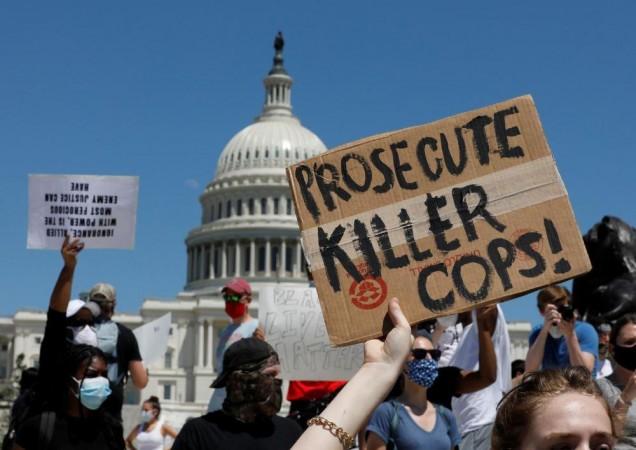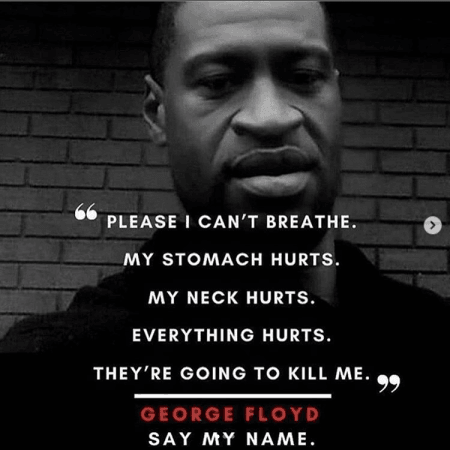The US city of Minneapolis, where African-American man George Floyd was brutally killed under police custody last year, has agreed to pay $27 million to settle a lawsuit with the victim's family.
After a roughly 40-minute private meeting on Friday afternoon, Minneapolis City Council members voted unanimously to approve the settlement, and Mayor Jacob Frey's office said he would approve it as well, reports Xinhua news agency.
"This is a deeply traumatic event that, unfortunately, is a part of too many Black and brown families' realities," Council Vice President Andrea Jenkins said after the vote.

"There is no amount of money that can replace a brother, a son, a nephew, a father, a loved one but what we can do is continue to work towards justice and equity and equality in the city of Minneapolis and that's what I commit to do."
Of the $27 million, $500,000 will be used "for the benefit of the community" near the site where Floyd died on May 25, 2020, after former police officer Derek Chauvin knelt on his neck
for almost nine minutes, according to the city council.
Largest settlement in wrongful death case
"That the largest pre-trial settlement in a wrongful death case ever would be for the life of a Black man sends a powerful message that Black lives do matter and police brutality against people of colour must end," the Floyd family's attorney Ben Crump said in a statement.
In July 2020, the family sued Chauvin and his three colleagues who were also on the scene helping the white police officer neutralise Floyd.
The trial for Chauvin, who faced second-degree murder, second-degree manslaughter as well as third-degree murder charges, is scheduled for March 29.

The three other former officers, J. Alexander Kueng, Thomas Lane and Tou Thao, who were on the scene also face charges of aiding and abetting second-degree murder and manslaughter.
Their trial is expected to begin in August.
Floyd's death was ruled a homicide, with the Hennepin County Medical Examiner's autopsy report revealing he died from "cardiopulmonary arrest complicating law enforcement subdual, restraint, and neck compression".
Floyd's death triggered last year's massive protests against racial inequality and police brutality, across many US cities and also internationally.
The incident followed the high-profile cases of Michael Brown in Ferguson, Missouri; Eric Garner in New York; and others that have driven the Black Lives Matter movement in recent years.
(With inputs from IANS)









